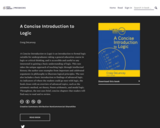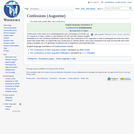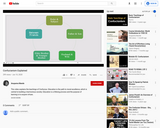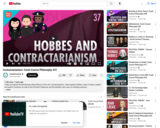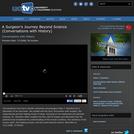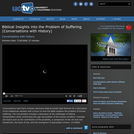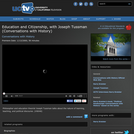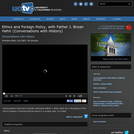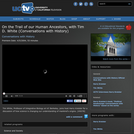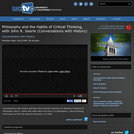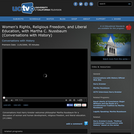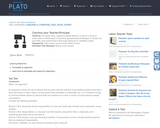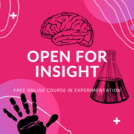A Collection
Short Description:
Since 2011, the journal Hybrid Pedagogy has published over 400 articles from more than 200 authors focused in and around the emerging field of critical digital pedagogy. A selection of those articles are gathered here. This is the first peer-reviewed book centered on the theory and practice of critical digital pedagogy.
Long Description:
The work of teachers is not just to teach. We are also responsible for the basic needs of students — helping students eat and live, and also helping them find the tools they need to reflect on the present moment. This is in keeping with Freire’s insistence that critical pedagogy be focused on helping students read their world; but more and more, we must together reckon with that world. Teaching must be an act of imagination, hope, and possibility. Education must be a practice done with hearts as much as heads, with hands as much as books. Care has to be at the center of this work.
For the past ten years, the journal Hybrid Pedagogy has worked to help craft a theory of teaching and learning in and around digital spaces, not by imagining what that work might look like, but by doing, asking after, changing, and doing again. Since 2011, Hybrid Pedagogy has published over 400 articles from more than 200 authors focused in and around the emerging field of critical digital pedagogy. A selection of those articles are gathered here.
This is the first peer-reviewed publication centered on the theory and practice of critical digital pedagogy. The collection represents a wide cross-section of both academic and non-academic culture and features articles by women, Black people, indigenous people, Chicanx and Latinx writers, disabled people, queer people, and other underrepresented populations. The goal is to provide evidence for the extraordinary work being done by teachers, librarians, instructional designers, graduate students, technologists, and more — work which advances the study and the praxis of critical digital pedagogy.
Word Count: 87261
(Note: This resource's metadata has been created automatically by reformatting and/or combining the information that the author initially provided as part of a bulk import process.)
